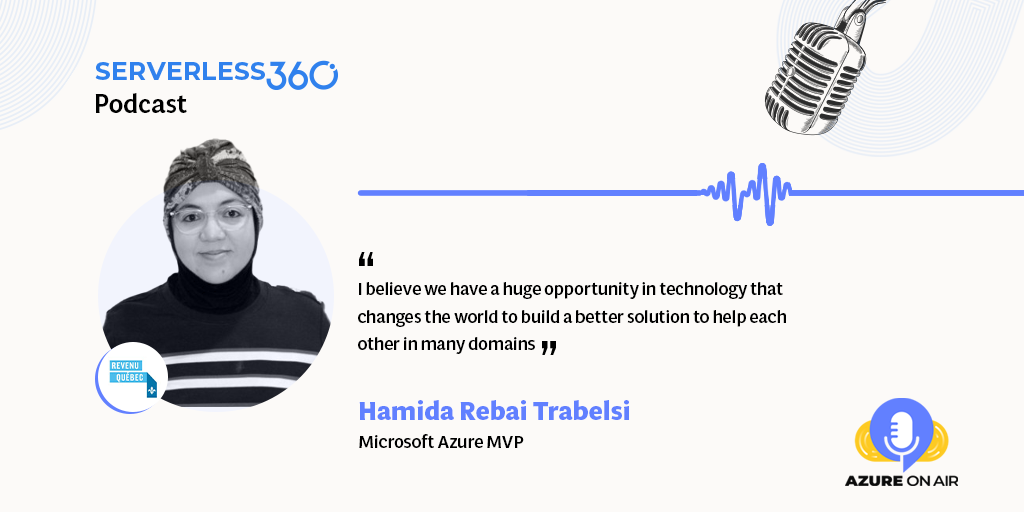Azure Container Registry and Kubernetes services
Key Takeaways
Rebaï Hamida is a software architect and developer who likes to build open-source projects, write articles, learn, and teach best practices. She is a competent software engineer, passionate and proficient C# developer, offering more than seven years of experience in the entire software development lifecycle. Hamida is an expert in advanced development methodologies, tools, and processes contributing to designing and rolling out cutting-edge software applications. Hamida has been honored as Azure MVP in Developer Technologies, considering her contributions to the community.
Azure Container Services in the migration journey
To simplify the deployment and management of applications based on monolithic or legacy applications, organizations can use Containers. In Containers, users can deploy the legacy application without any change, and the Container has many choices. It is stable, so they can lift and shift deployed containers and work on this application to improve or rearchitect. Organizations can also use a Kubernetes orchestrator with containers to ensure continuous integration and continuous delivery and secure diverse implementation. Azure DevOps with the Kubernetes and containers can also be used; bringing DevOps and Kubernetes together can improve the speed and security of the deployment process.
Moving an application built in a non-Microsoft technology into a container registry and Kubernetes services in combination
Organizations can move any legacy application to Containers, especially for. NET. For example, in Visual Studio, there are so many features that organizations can use to deploy containers on Container Registry or Docker. It’s not difficult to deploy any application legacy, which is why it’s better to go to the lift and shift before the architect, and this is one of the advantages of moving to Container.
Hamida’s health care revolution in Tunisia
Hamida was inspired to create AlloTabib after noticing how Tunisia’s often chaotic healthcare system prevented patients from receiving adequate care on time – a dysfunction that sometimes leads to patients dying while waiting for appointments.
Through the site, patients can see each doctor’s schedule, along with their qualifications, patient reviews, and photos, to choose the best practitioner. From there, patients select a timeslot and complete a quick checkout process to book an appointment. The service eliminates time-consuming phone calls so patients can book an appointment anytime – even when the doctor’s office is closed.
The technology allows patients to get seen faster by the doctor by showing a hidden supply of doctor appointments – including last-minute cancellations – and making them immediately available online.


